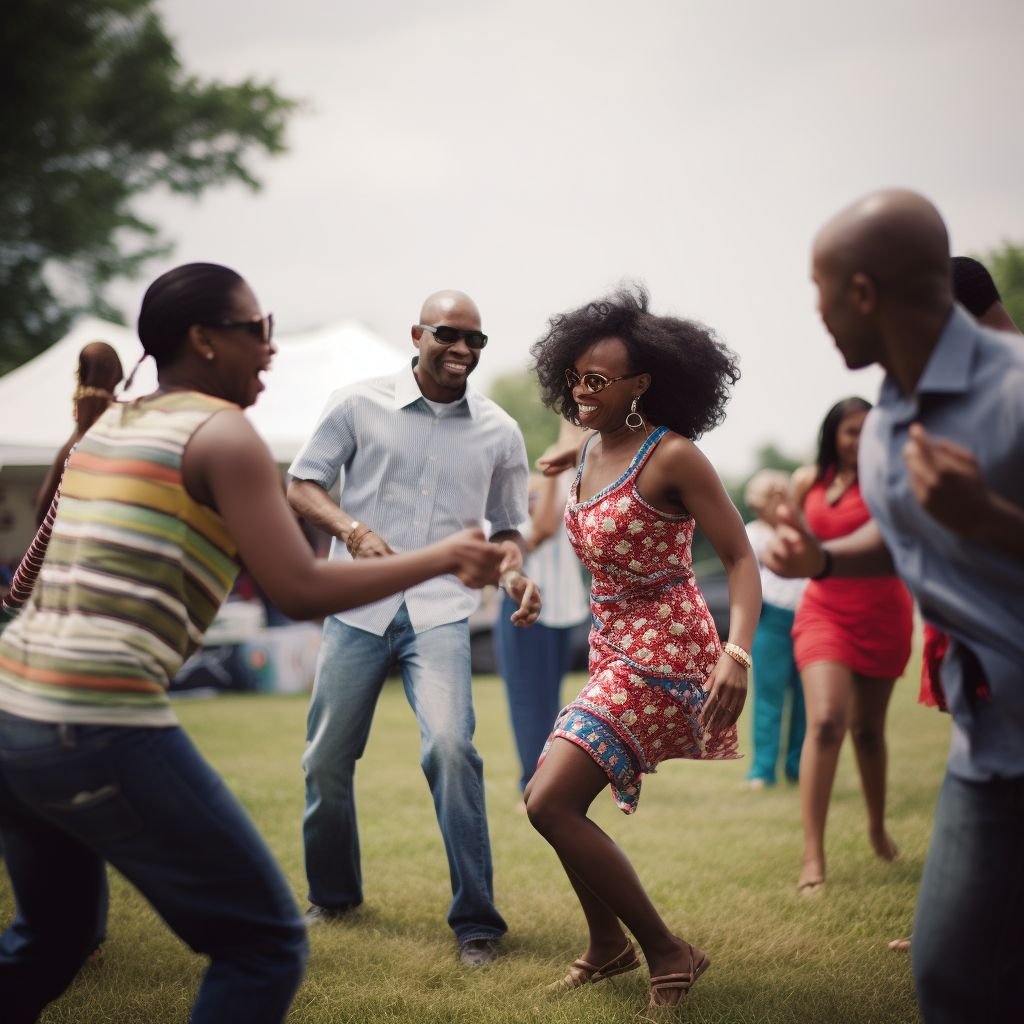Travel isn’t just about boarding flights, collecting passport stamps, or showing up at scenic landmarks. Real travel is about immersion,slipping into the rhythms of a culture until you’re no longer just observing it, but participating in it. And few things pull you into that rhythm faster than dance.
Whether it’s salsa in Colombia, kizomba in Angola, flamenco in Spain, or bachata in the Dominican Republic, local dances are more than just choreography. They’re social codes, cultural history, and emotional language all rolled into one. The best part? You don’t need to be a natural dancer to benefit from stepping onto the floor.
Here’s why you should learn local dance traditions,even if you think you’re terrible.
1. Dance Is a Shortcut Into Community
Most travelers struggle with the same question: How do I make authentic connections abroad?
Dance traditions often hold the answer.
In Latin America, for example, salsa clubs are not just entertainment venues,they’re community centers. Step into a circle, and you’ll notice how quickly barriers dissolve. Strangers will teach you moves, laugh with you, and invite you into their world. You don’t have to be skilled; the act of trying shows respect and openness.
For men traveling abroad, this is especially important. Many cultures place a high value on social courage,just showing up on the dance floor is enough to earn credibility.
2. You Learn History With Your Feet
Every dance is a living archive. Flamenco carries echoes of the Roma and Moorish cultures of Spain. Capoeira in Brazil grew out of disguised resistance against colonial oppression. Even the modern bachata, once dismissed as “low-class,” tells the story of Dominican identity and struggle.
When you learn the steps, you’re not just learning movement you’re learning the story of a people. For globally minded men, this is priceless. It gives you conversational depth and a cultural intelligence that most tourists lack.
3. You Signal Respect for the Culture
Locals instantly notice when a foreigner makes the effort. You don’t have to move like a professional just showing the willingness to participate demonstrates humility and curiosity.
Contrast two travelers,one who watches from the sidelines with a drink in hand, and another who clumsily but enthusiastically joins a traditional circle dance. Guess which one gets invited back, introduced to families, and welcomed with open arms?
Respect isn’t earned through money or appearance,it’s shown through participation.
4. Dance Boosts Your Social and Dating Life
Let’s be honest: dance is often the social glue of nightlife and festivals abroad. In cultures where dance is central, refusing to join can make you seem stiff or detached.
On the other hand, even a basic willingness to try makes you more approachable. In places like Brazil or the Caribbean, dancing is less about technical skill and more about vibe, presence, and energy. For men especially, learning to dance even just a little shows confidence and adaptability, both of which translate well in social and dating contexts.
5. You’ll Have Stories That Outlast Photos
Anyone can snap a picture at Machu Picchu or the Eiffel Tower. But telling someone about the night you got pulled into a circle of drummers in West Africa, or when you joined a spontaneous bachata session on a Dominican beach,that’s the kind of memory that breathes.
Dance experiences can’t be packaged. They’re alive, fleeting, and deeply human. They create stories worth retelling long after the trip is over.
6. It’s Good for Your Body and Mind
Beyond cultural immersion, dancing offers very practical benefits. It keeps you fit, improves coordination, and reduces stress. More importantly, it forces you out of your comfort zone.
Western men often live in highly controlled, rational environments where expression is boxed in. Dance flips that script. It’s unfiltered, emotional, and embodied. Learning it,even awkwardly,can shake off stiffness and open up parts of your personality you didn’t know you had.
Final Thought: Don’t Worry About Being Bad
The truth is, nobody expects you to master the local style overnight. Locals rarely laugh at foreigners who try,they laugh with you. What matters is the willingness to step in, stumble through the rhythm, and let the culture move through you.
So the next time you’re abroad and hear live drums, a street performance, or an invitation to dance,say yes. Even if you’re bad. Especially if you’re bad. Because the courage to join in will leave you with deeper connections and richer memories than staying safe on the sidelines ever could.













